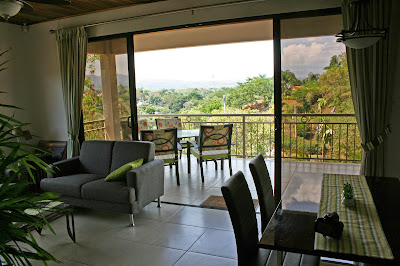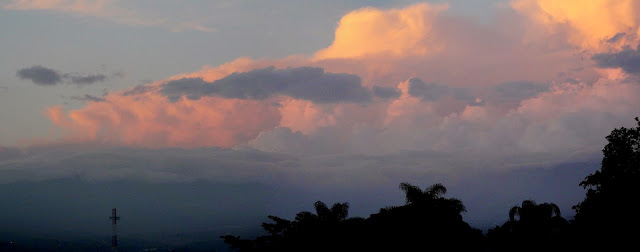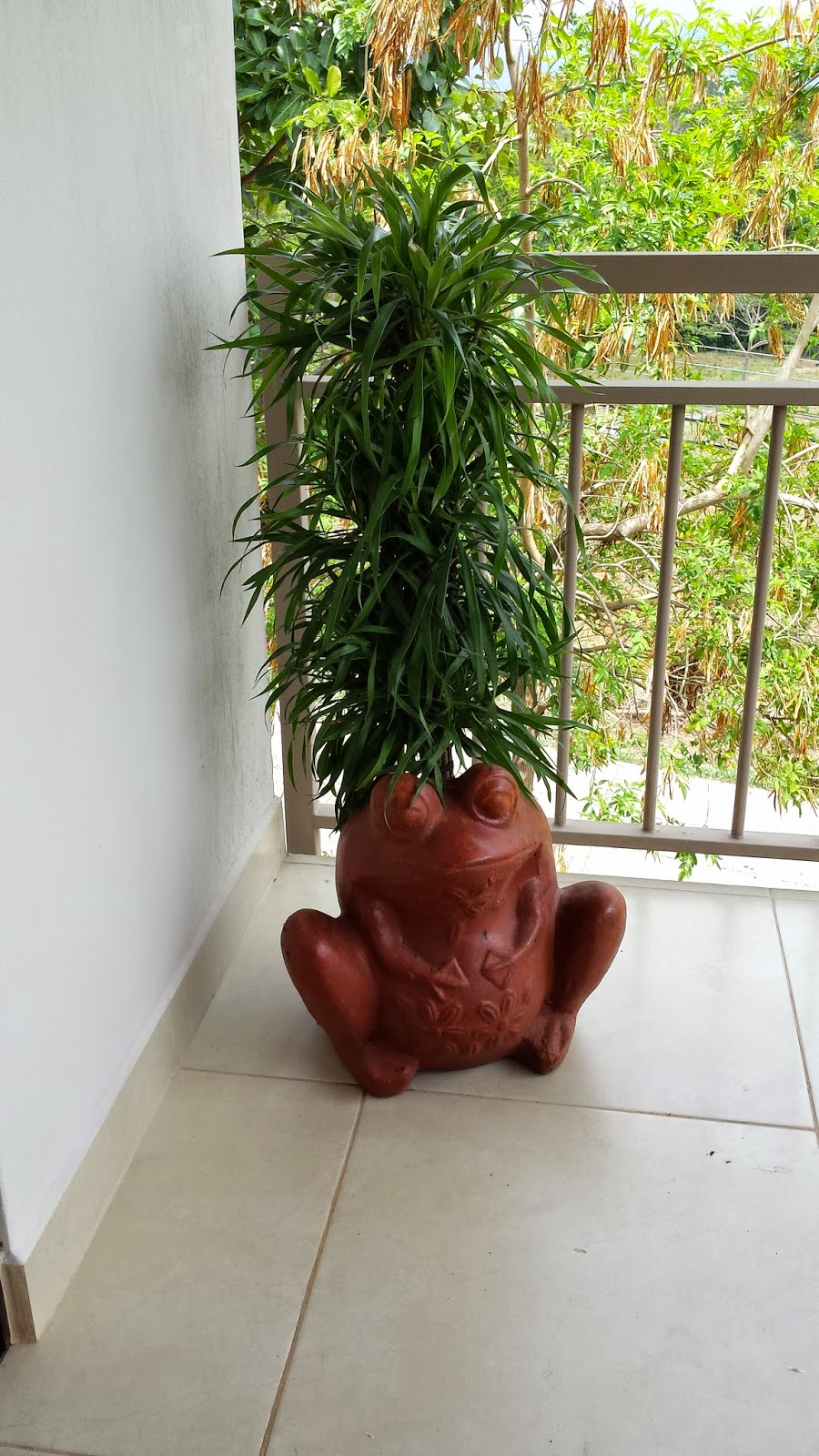 |
| Some of the book boxes in my office & the African Chest unpacked already. |
I intended to move here with only what would fit in the max allowed 5 suitcases and with more preparation time I could have. But once I was on the time line to move I couldn’t get rid of everything quick enough and decided to ship about 20 boxes of scrapbooks to photograph (make digital books) and destroy hard copies here. Then there was my art collection and good number of framed and canvas photos I liked and knew I could use some of, so boxed them securely for shipping. I also had a few boxes of misc. stuff, Christmas decorations (should have given away) and some winter clothing (big mistake!).
 |
| And more on the other side of my office! |
I ended up with about 50 boxes shrunk wrapped on pallets that were shipped in December, arriving in Costa Rica in shared container space on a boat by February. Because I knew I would not likely stay in the apartments, I kept my boxes in storage in Alajuela near the San Jose Airport until this week when they were delivered to my new house.
Now the lovely, uncluttered house is a mess for a long while! Though I have already unpacked 4 or 5 the first day! I have to get ruthless again to clear out this stuff, like I did with all my furniture in Nashville. I’m still getting little checks from ReMix Furniture where much of my stuff was on consignment sale there.
Once I display the artwork and photos I think fit here, I will probably give the rest away. And the Christmas decorations will go to Su Espacio Community Center for their first Christmas tree this year if I can hold the decorations until maybe November. My manger scene collection may get advertised on Craig’s List Atenas.
But the scrapbooks and genealogy books/research will be the most difficult and time-consuming to deal with. And then there’s the stamp collection I didn’t get sold before the move. Craig’s List again! I’ll be busy for awhile!
 |
Artwork, photos and Christmas stuff in my Living/Dining Room.
Plus the wicker trunk in my bedroom. |
Like this:
Like Loading...




























